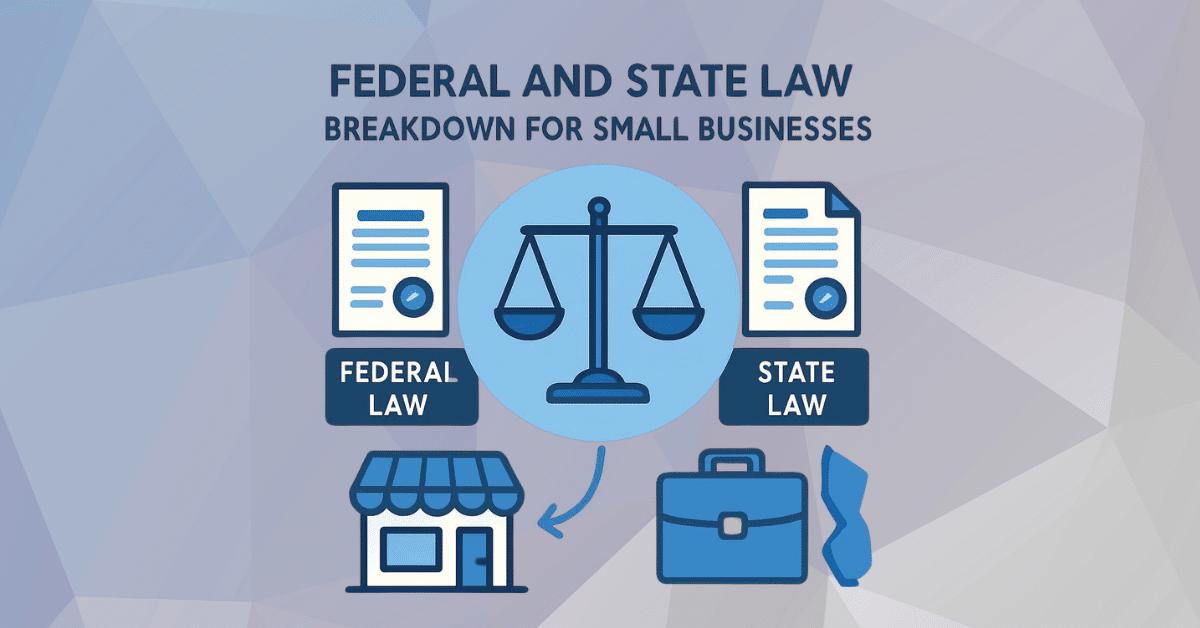What’s the secret behind successful leaders?
If you think they are just smart, ambitious and hardworking think again. They are not only all of that but they have excellent social skills that make them socially adept. In fact, many studies show that good orators and charismatic leaders are good communicators too.
Many years ago conventional wisdom in corporate training and development advocated intelligence to attain dizzying heights in the corporate world but not anymore. Today, one needs to have the right amount of intelligence and effective communication to succeed not only in his/her professional life but also personal life.
How successful leaders gain social skills?
The good news is anyone can learn to become a good communicator when he/she makes it a habit. Having said that, communication is a complex process that involves many components such as the right attitude, language, emotional intelligence (EQ), empathy and much more. It may sound overwhelming at first but it all boils down to one factor- Active Listening or Mindful Communication.
What is Active Listening or Mindful Communication?
Active listening or Mindful Communication is a highly developed way of interacting with others using body and mind. In Active listening, the listener listens, understands, responds, acknowledges and remembers what is being said by the speaker. Active listening is an effective tool to improve interpersonal relationships and social skills.
How can we practice Active Listening?
There are certain communication barriers that stop us from being active listeners. In simple terms, these barriers occur on two levels- Our mind and body. Once these barriers are identified, it is relatively simple to start practicing mindful listening.
Mind
- Attitudes: At times, during conversations we may start judging the speaker. If our mind is clouded in assumptions, doubts and prejudice, we may not grasp what the speaker is trying to convey.
- Interrupting the speaker: Most of us love to talk. But the problem is- We end up talking at the wrong time interrupting the speaker. When a conversation is interrupted, it not only becomes hard to absorb the information but it can also insult the speaker.
- Selective Hearing: Instead of paying attention to the whole conversation, the listener hears few parts here and there which can create a lot of confusion and send out wrong message to the speaker.
- Ignoring the Speaker: Listeners who get bored or distracted get caught up in ‘pretentious listening’ which can frustrate the speaker completely leaving no room for a good conversation.
- Veering off the subject: Listeners who distract speakers by indulging in wasteful talks or get carried away in the moment run the risk of sharing inaccurate or false information. By doing so, listeners lose credibility.
- Passive or Silent Listening: Passive Listening is definitely a surefire way to kill a conversation. A listener who engages in silent listening is simply conveying that he doesn’t care about the speaker which in turn can be insulting and demeaning to the speaker.
Body
- Posture: A sloppy body posture of the listener makes him look disinterested or worse distrustful.
- Eye contact: Lack of eye contact translates into loss of personal connection. As a result, the listener may not be able to establish a good rapport with the speaker.
- Non-verbal gestures: Listeners who ignore speaker’s non-verbal cues or fail to use the right body language come across bored and unconfident.
Up your social game for success
Active Listening can help build careers, great relationships, solve conflicts and manage crisis. Here’s how you can be active to become a good communicator:
- Self awareness
The mantra for active listening is in self awareness.
- Keep an open mind devoid of assumptions, judgments or prejudice. Open mind allows you to imbibe information quickly and effectively.
- Control your urge to jump into the conversation. Wait for the speaker to finish before making your point.
- Do not pretend to be ‘listening’ when you are not. Instead of frustrating the speaker, you can refocus your attention to the conversation and ask questions later.
- Wasteful talks or inaccurate information leads to trust issues. If you do not know something, it is wise to acknowledge and move on.
- Acknowledging your speaker is very essential. Express your interest and attention by a simple nod or an occasional ‘yes’ ‘okay’ ‘hmm’ etc.
- Know when to remain silent! You need not keep interjecting your speaker all the time.
- Empathic Listening
Empathic Listening is based on a simple principle of understanding your speaker before being understood by him/her.
4Rs for Empathic Listening
- Repeat- Repeating the received information mentally helps to avoid distractions while in a conversation.
- Rephrase- Rephrasing the shared information not only helps you to understand better but it also lets the speaker know that you are interested in what they have to say.
- Reflect –Paraphrase the received information and let your speaker know that you are listening. For instance, you can say “I think this is what you said, Am I understanding you correctly?”
- Repeat – you can reflect and rephrase the information shared for a better understanding.
- Questions and Feedbacks
It doesn’t hurt to ask questions if you have not understood your speaker.
- Open –ended questions are quite encouraging and such questions often allow the speaker to talk honestly and meaningfully.
- Feedbacks make the listener look credible and interested. Listeners can leverage feedbacks to motivate the speakers
- Periodic or timely feedbacks add value to the information shared
- Body Language
- Eye contact is an essential part of Active Listening. Eye contact is necessary to convey your undivided attention, interest and understanding to your conversational partners.
- Eye contact need not be intense as in some cultures contexts it can be offensive.
- We tend to mirror the person we are communicating with and this is why it is important to pay attention to your body language. Fidgeting with your phone, tapping your foot or uncomfortable body posture may make your speaker feel restless and agitated.
- A confident, upright body posture instantly communicates your confidence and positivity.

















